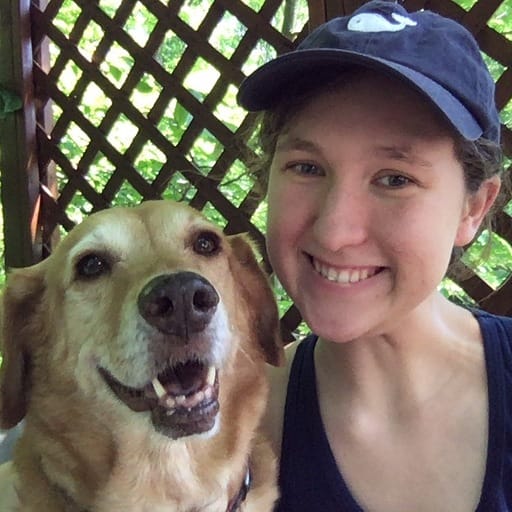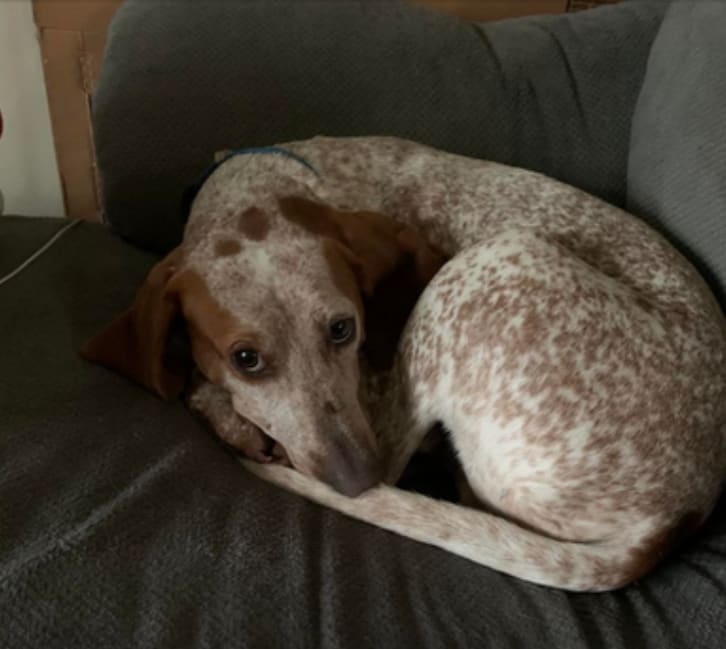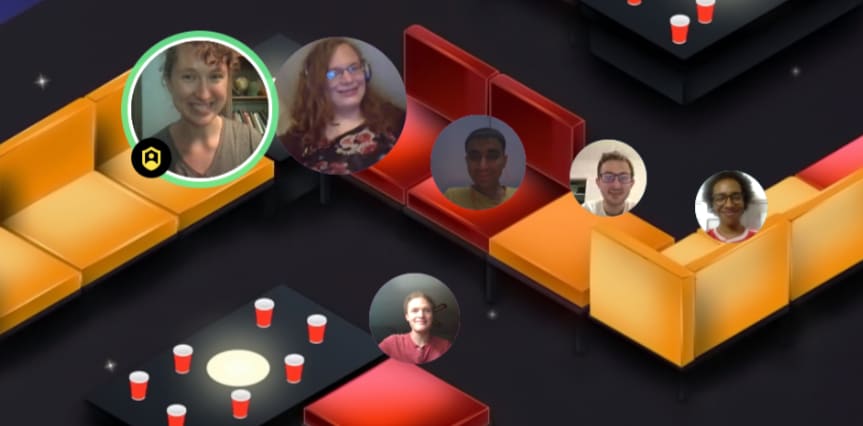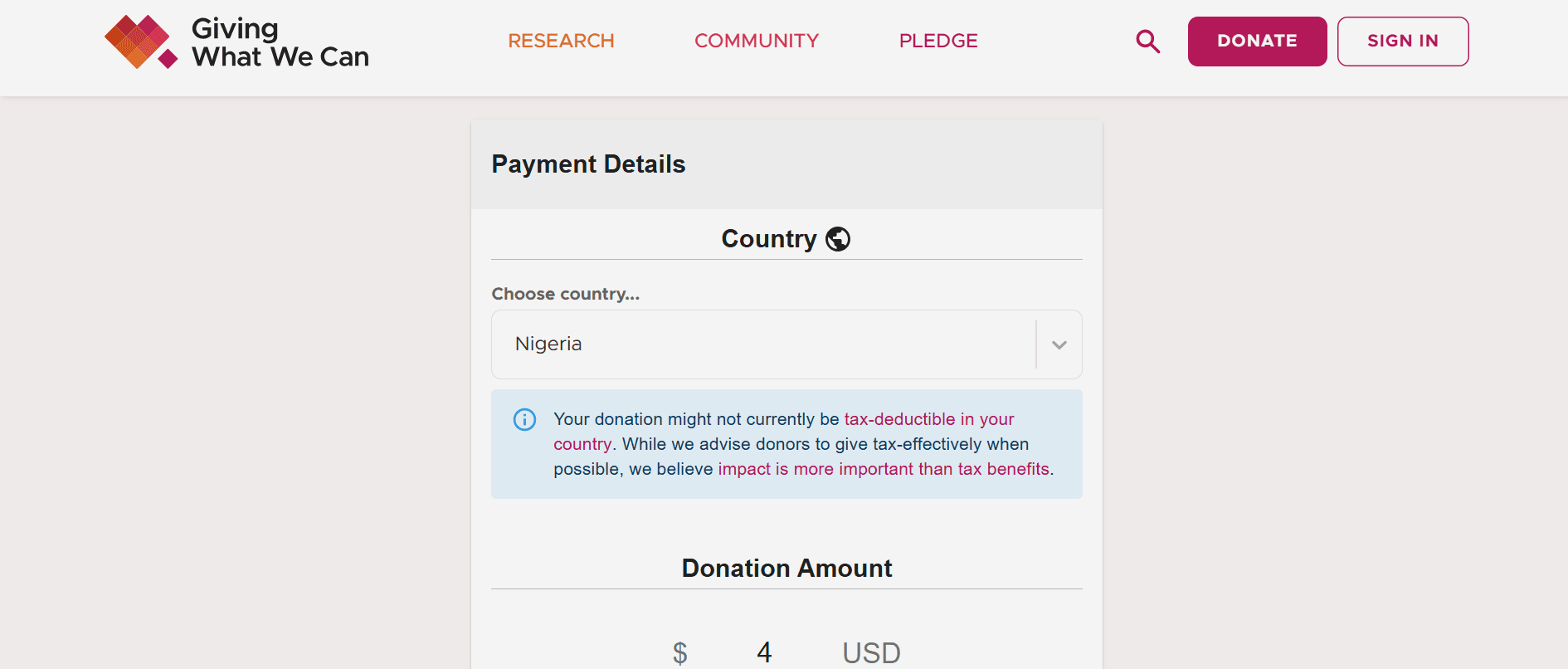(Apologies for errors or sloppiness in this post, it was written quickly and emotionally.)
Marisa committed suicide earlier this month. She suffered for years from a cruel mental illness, but that will not be her legacy–her legacy will be the enormous amount of suffering she alleviated for others. In her short life she worked with Rethink Charity, the Legal Priorities Project, co-founded EA Anywhere, and volunteered with many more impactful organizations. Looking to further scale her impact she completed most of a Master of Public Policy degree at Georgetown.
Marisa was relentless. Even among the impressive cohort of young EAs, she had a diligence and work ethic that amazed and inspired. She got things done. She was also wickedly funny. Even while suffering deeply, she could make me cry with laughter.
If you are reading this while struggling, I promise you are only one comment or IM message away from those who want to help. You are not alone, and you are never a burden. Please reach out. There are also great resources such as EA Peer Support, the EA Mental Health Navigator, and more that I hope others can list in the comments. [Edit to link].
Sometimes the mental illness wins, but that does not mean Marisa did not fight like hell, or that she did not have an incredible community of people helping her. I want to extend my sincere gratitude to these people. The reflexive selflessness, patience, and care they showed for Marisa exceeds anything I have ever seen. Over hours, days, weeks, and years they provided love and support far beyond what most can expect even from their families. They extended my understanding of what it can mean to be human.
Many of us are in a lot of pain right now. It will come in waves that slowly fade. It will mostly pass. In 26 years, Marisa had more impact than most will have in a lifetime. That is forever.







I worked with Marisa for several years on EA Giving Tuesday, during which time she provided valuable support to the project. I regret that I had not kept in touch with Marisa for a number of years after that, and was both surprised and sad to learn about this news.